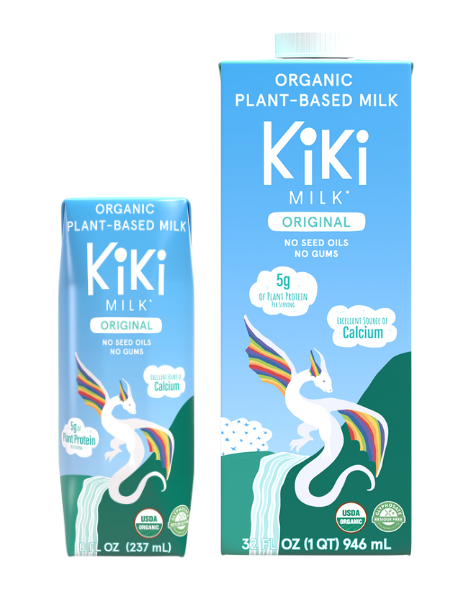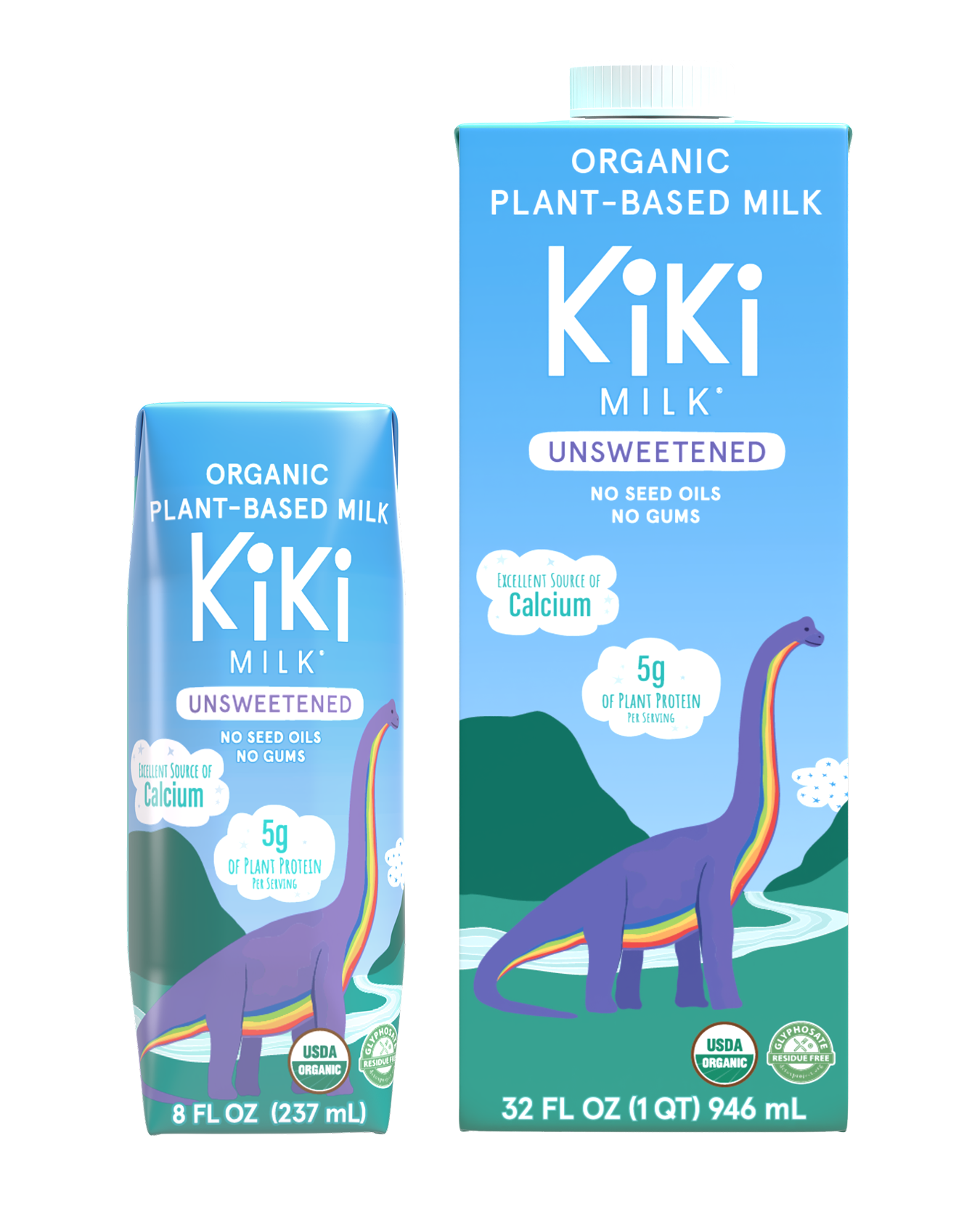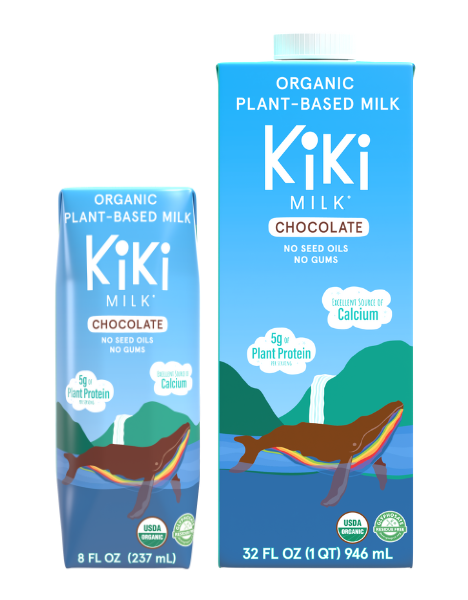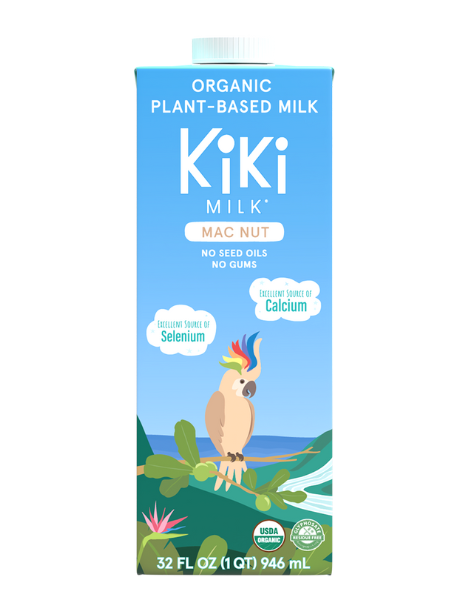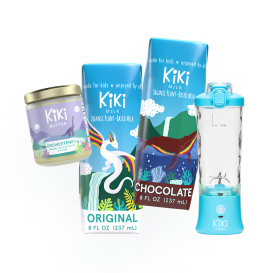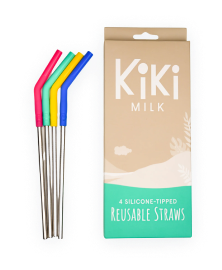Magnesium might not get as much attention as calcium or protein, but it’s just as essential—playing a key role in over 300 biochemical reactions in your body.
From muscle function to mood regulation, magnesium is the quiet workhorse behind the scenes of your health. The only problem? Most people—kids and adults alike—aren’t getting enough.
Let’s take a closer look at why magnesium matters and how to get more of it in your daily routine.
What Is Magnesium?
Magnesium is an essential mineral that your body uses to support everything from energy production to nerve signaling, muscle contraction, and blood sugar balance.
You can think of magnesium as your body's behind-the-scenes helper: It’s not flashy, but it keeps things running smoothly—especially your nervous system, sleep cycle, and metabolism.
Why Magnesium Matters
Magnesium is involved in almost every system in the body. Here’s what it helps with:
✅ Supports muscle contraction and relaxation
🧘♀️Helps regulate stress and promote sleep
🦴 Aids in bone health and density
⚡ Supports steady energy production
💓 Helps balance blood sugar and blood pressure
🧠 Works with calcium and vitamin D for better absorption
How Much Magnesium Do You Need?
Your magnesium needs depend on your age, life stage, and lifestyle. Here's what the current guidelines recommend:

💡 These are based on the Dietary Guidelines for Americans (2020–2025). Stress, poor sleep, and certain health conditions can increase your magnesium needs.
Types of Magnesium: What to Know if You’re Supplementing
Not all magnesium supplements are created equal. Here’s a quick breakdown of the most common forms of magnesium and their best uses:

Plant-Based Sources of Magnesium
Getting magnesium through food is a great option—especially when it's combined with other nutrients your body needs to absorb it efficiently.
Some of the best plant-based magnesium sources include:
- Pumpkin seeds
- Almonds and cashews
- Leafy greens (like spinach and Swiss chard)
- Legumes (like lentils and black beans)
- Whole grains
- Dark chocolate 🍫 (yes, really!)
Bonus: Magnesium Works Best with These Nutrients
Magnesium works synergistically with calcium, vitamin D, and vitamin K2—a nutrient trio that helps your body absorb and use minerals effectively.
You’ll find this smart combo in every Kiki Milk blend, thanks to nutrient-dense ingredients like:
- Aquamin® (a mineral-rich red algae source of calcium and magnesium)
- Seeds and nuts
- Leafy greens and whole food extracts
Final Thoughts
Magnesium might not be the flashiest mineral, but it’s one your body depends on daily. And with modern diets often falling short, it’s more important than ever to make sure you’re getting enough—from clean food sources and, when needed, thoughtfully chosen supplements.
